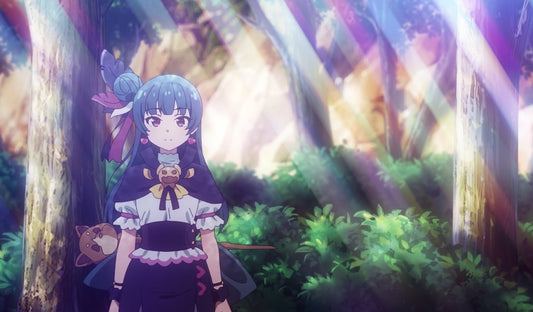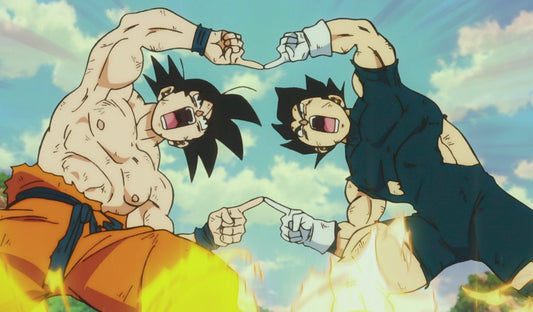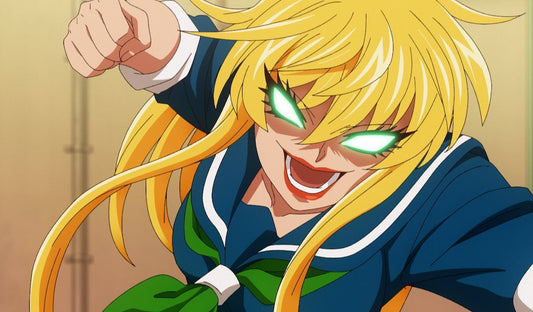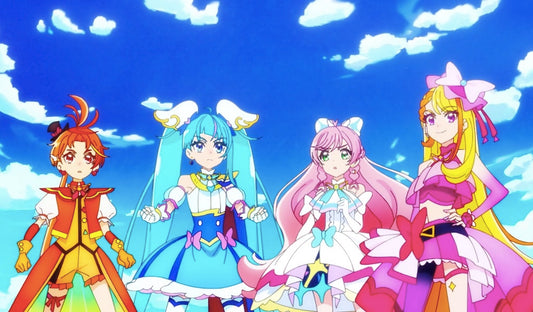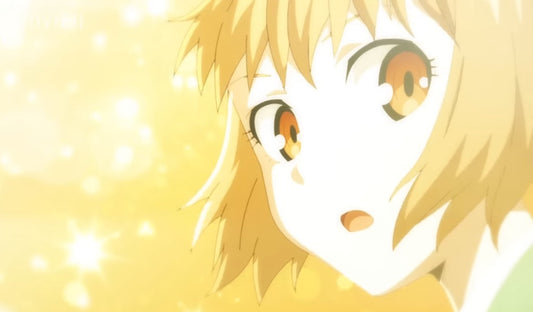Stepping Out of the Shadow: Reasons Why You Should Watch Boruto
Carl LiShare


Naruto likely needs little to no introduction. A manga and an anime series about an orange-clad ninja, Naruto is one of most popular series in history. Now, 20 years after its debut, Naruto has received a sequel anime starring Naruto’s son, Boruto Uzumaki. Being the successor to such a worldwide phenomenon, can Boruto: Naruto Next Generations live up to the original? After watching the first six episodes, I believe it can.
Synopsis

Boruto takes place many years after the Great War that ended the original Naruto series. Boruto, son of Naruto and Hinata, is starting school with the intention to become a great ninja. However, he also resents his dad for not spending enough time with the family. Naruto, as the Seventh Hokage and leader of their village, is often too busy with work. Joining Boruto at school are the children of various other fan favorites, as well as some wholly unrelated characters.
Back to the Basics
The fact that Boruto is a return to the more humble roots that started off Naruto—young ninjas training and learning—might be disappointing for those who wanted more of a direct continuation of the first series, but I find the scaling down to be a welcome change. Over the course of many years, the original Naruto grew in terms of the battles being fought, as well as the enormity of the powers its characters wielded. While there were positives to this approach it ended up falling into the classic trap of shounen manga and anime: the ever-escalating power levels. Looking at the beginning and ending of Naruto, the series becomes almost unrecognizable at times. By following Boruto as a child, the new anime reminds me more of what made Naruto charming in the first place.
Boruto the “Magical Girl?”
It would be a mistake to write Boruto off as a simple retread. While there are inevitable similarities, Boruto definitely has a different feel even compared to the early days of Naruto. I would actually liken these early episodes of Boruto to some of my favorite magical girl anime.
The typical formula for the early episodes is that some character ends up losing confidence in themselves for one reason or another, and it leaves them vulnerable to being taken over by a mysterious shadowy aura. Boruto, possibly due to the influence of his mother’s bloodline, is the only one able to see this shadow. He works with his friends to not only stop any rampaging victims, but also restore their spirits. Like magical girl series such as Doremi and Precure, this setup is more common in series where peace, not war, is the default. Like those series, Boruto shows how there’s not just strength to Boruto’s actions, but warmth as well.
Parents and Children

Another element I’m pleasantly surprised about is that the characters of Boruto come across as their parents’ children without being cheap carbon copies. Take Shikadai Naru (son of Shikamaru and Temari) and Metal Lee (son of Rock Lee) as examples.
Appearance-wise, Shikadai resembles Shikamaru, only with Temari’s eyes and softer face. Attitude-wise, he’s smart and clever like his parents, and he uses his dad’s catchphrase, “What a drag” (mendokusee in Japanese). How Shikadai uses “What a drag,” however, is actually quite different from his father. Whereas Shikamaru’s comes from a desire to laze about and do as little as necessary, Shikadai’s comes from a desire to keep everything from getting out of control. In this sense, he takes more after his no-nonsense mother, but without simply being a male version of Temari.

As for Metal Lee, while we’ve yet to see Rock Lee, it’s clear that Rock has a tremendous influence on his son’s life. Metal not only believes in his father’s mantra of hard work surpassing all while also possessing a level of talent that Rock Lee had always lacked. However, Metal gets extremely self-conscious when others are watching, and it causes him to fail in spectacular fashion. One can easily imagine how Metal would become this way. It’s likely that he followed in his father’s footsteps, but while Rock Lee as a young ninja was extremely flawed, he never feared looking foolish to others. Although it’s easy to assume that “genius” plus “effort” equals “unstoppable force,” Metal shows another side to the equation.
In both of the above examples, the mark of the parents is evident, but the children still stand out as their own unique beings. As for completely new and unrelated characters, none of them have that connection to the series’ own history, though the building blocks are there.
Overall
While it certainly helps to have seen Naruto, I don’t think it’s necessary to enjoy Boruto: Naruto Next Generations. The themes presented thus far are pretty universal, even without the prior context. How do people compensate when a world that mainly knew war is now overcome with peace? How will the children of history’s greatest heroes deal with the shadows cast over them as a result? There’s plenty to chew on, and I’m optimistic that Boruto will be able to keep it up for the foreseeable future.
Image sources: Crunchyroll
